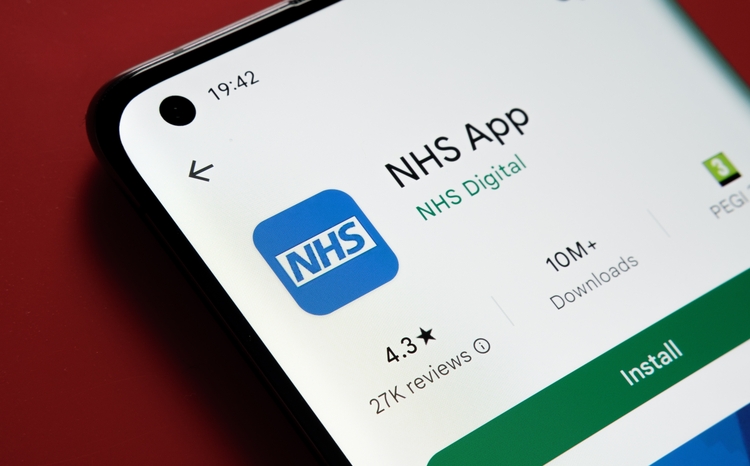GPSoC prices published
- 9 January 2008
Pricings for primary care IT systems offered under the GP Systems of Choice (GPSoC) initiative and the draft PCT-practice agreement for GPSoC have been published.
Latest details on the GPSoC show services and pricing for the four GPSoC framework suppliers offering a system compliant to GPSoC Level 2 or above.
To date EMIS, INPS, iSoft and Microtest have signed a contract with CfH for GPSoC. Still to sign are Computer Sciences Corporation and TPP.
The cost of an annual software licence for the four suppliers cited is £3350 (EMIS), £4576 (InPS), £4922 (iSoft) and £5466 (Microtest). The fee for compliance with levels one, two and three of GPSoC is a standard £200 payment per level across all the suppliers and there is a £650 payment for system support. Other prices quoted include costs for training and deployment.
The draft PCT practice agreement sets out both parties responsibilities for provision of IM&T services, exercising choice including a template business case, approving use of software, identifying training needs and agreeing a training plan, business continuity and agreeing a local service level agreement and escalation procedure.
Connecting for Health has also published a letter from Richard Jeavons, CfH’s director of service implementation, to PCT chief executives. In the letter Jeavons says that PCTs and practices will need to work together to develop IM&T plans for their local health community that take account of the benefits offered by integrated LSP solutions and the provisions in the GMS contractual agreement regarding a practice’s choice of GP clinical IT system.
He adds: “The strategy should help practices to identify key check points at which they will re-assess their choice of system when their LSP and the ESPs reach key delivery milestones on their respective roadmaps.”
Jeavons says the key points practices and PCTs need to consider are:
- Patient benefit: assess the functionality and extent of information sharing offered by the systems available to the practice.
- Security and resilience: consider the improved security, resilience and performance offered by systems hosted to NHS CFH standards.
- System roadmaps: review the suppliers’ roadmaps for their systems and understand how they will continue to meet the requirements of patients and the NHS over time.
- Supplier delivery track record: consider the suppliers’ track record for delivering planned services and the quality of their helpdesk and service management.
- Practice based commissioning: identify what strategy will best address local needs to support the requirements of Practice Based Commissioning.
Late last year CfH intervened to prevent a PCT insisting that GP practices signed up to GP Systems of Choice must eventually move to an LSP system.
CfH is keen to see the majority of practices sign GPSoC contracts by the end of March in time for the start of the new financial year although only a minority have so far done so.
Links
CFH telss PCT it can’t mandate LSP solution




